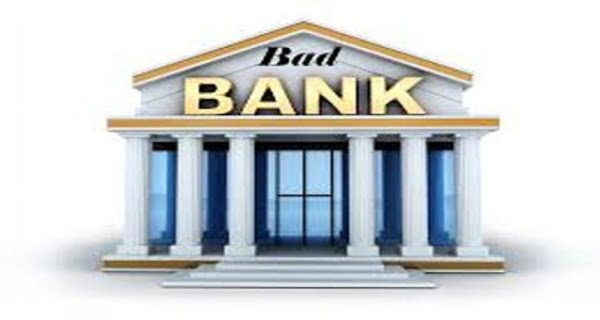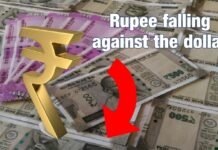
New Delhi: Former Reserve Bank of India (RBI) Governor D. Subbarao strongly advocated the ‘bad bank’ in the current situation, saying that it is “not only necessary but also inevitable”, as NPA will grow rapidly in the coming days And most solutions will be outside the IBC framework. All bad debts or APAs of the banks in distress are transferred to Bad Bank. This clears the books of the troubled bank and the liability falls on the bad bank. Even this idea was mentioned in the 2017 Economic Survey, which suggested the formation of a bad bank called Public Sector Asset Rehabilitation Agency (PARA) to tackle the problem of stressful assets.

He said, “The biggest advantage of Bad Bank is that the unit that decides the selling price is different from the unit that accepts that price. In such a situation, conflict of interest and corruption can be avoided, and indeed it has happened. ” “There are some successful models of carefully designed bad banks with provisions for punishment and awards,” Subbarao said in an interview to PTI-Bhasha. For example, the charity of Malaysia is a good model for the formation of our own bad bank. ” The former RBI governor said that NPA will grow at a rapid pace during the current fiscal year with a contraction of at least five per cent in the economy. In addition, according to the RBI’s Financial Stability Report, the gross NPAs of banks may rise to 12.5 percent by March 2021, from 8.5 percent in March 2020.
“The bankruptcy draft is already heavily weighed and will be unable to bear the additional burden,” he said. It is therefore important that a much larger amount of resolution than before is taken out of the Insolvency and Bankruptcy Code (IBC). ” Subbarao said that at first he has some doubts about Bad Bank, but considering the recent experience, he is considering this option. He said, “At first I believed that the bankruptcy draft would keep the settlement process on track and help clean the system.” He said, however, that it seemed that this trust was wrong. Sabbarao also admitted that he also had concerns about the capital structure of banks.



















































